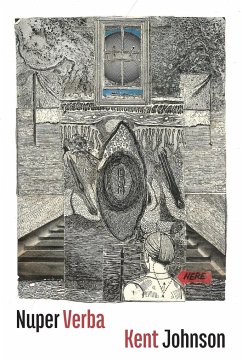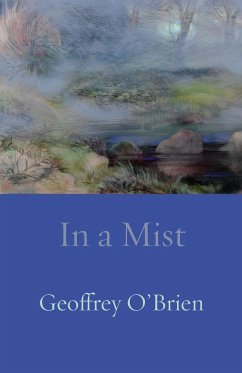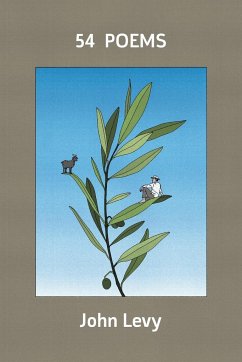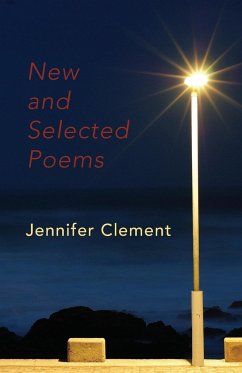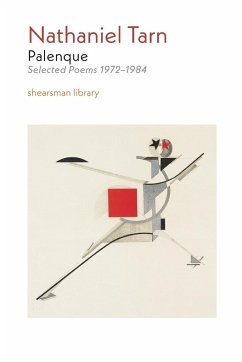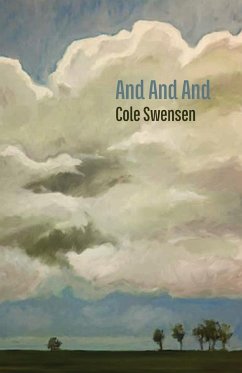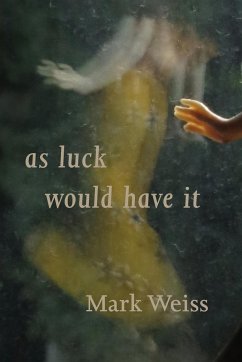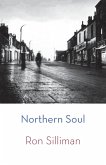"The writings of Kent Johnson over the years have given us an outsized sense of disquiet and mockery, as he revives and transforms the ancient art of satire, bringing it laughing and raging into a new century and millennium. The great pleasure in Nuper Verba is, then, the comic fury he gives to poems that aim at the literary present, while aware of a range of poets and literary pretenders from ancient Rome to contemporary USAmerica and elsewhere. The words and thoughts that Johnson gives to Horace in "translation" are directed simultaneously and sometimes outrageously to the poets and poetry wars of our time. An adjustment well worth making."-Jerome Rothenberg "If, as it has been claimed, the satirist is a left-handed writer, the analogy seems made for Kent Johnson's inimitable, fearless and much needed contribution - the one-in-ten, or more like one-in-a-thousand corrective, antidote to the worst excesses and insincerities of western poetry's decadence and pomposity. In Nuper Verba - the Latin title is apposite - he takes aim at poetry's postures of antagonism, even as it drains the last best wine and lounges on a mouldering couch of bursaries. Truth-sayer or holy fool, insider's outsider or witnessing spirit, the moral force of Johnson's project, as well as its sublime humour, shines like so many corroding rays, here reaching moments of unanticipated lyrical brightness. He's never been funnier or more strangely moving. Refusing consensus and mentioning the unmentionable remains the true poet's calling, and Johnson's poetry reminds us of this, with the beautiful sobering chill of genuine veracity." -Sam Riviere "Using in-jokes, old arguments and absurdities, Kent Johnson satirizes the 'ruthless kid-poets with their little cymbals and bells.' Yet satire's bleak irreverence is also a kind of intimacy: we can't mock what we don't know well. More earnestly, Nuper Verba urges us to 'make lasting song of our loss, /That it may rise above the shallow attentions of our clan.' Pay attention, then, to these poems. Say poetry is a haunted mansion or a freakish funhouse. There, a hall of mirrors ceases to reflect the tiresome egoism of poetry culture and instead offers 'endless selves receding, tinier and tinier, until' one can no longer see oneself. We knew we were there, far back, but we were also gone. That, Johnson shows us, is where poetry truly has the last word." -Elizabeth Robinson "In the central sequence of Nuper Verba, 15 'Horatian Odes,' satirist, analyst, and sometimes starter of poetry wars Kent Johnson returns to one of the origins of Western lyric in lines by turn barbed, laugh-out-loud, and delicately touching. Transformed from their Latin originals and prior English translations, these poems often express 'in my last days' the opposite of the satirist's desire: 'I want to be dulcis and not acidus, believe me.' For all their self-reflexive layering, their comic allusiveness, their unremitting takedowns of poetic careerism meeting Horace's own self-ironizing aspirations to poetic immortality, these are also autobiographical poems about Johnson's own life, career, and political and intellectual commitments. [...] And yet the familiar impulse remains: 'Yes, tell me I am among the / Poets'-that itch, somewhere between impulse and deep conviction against all the odds, that runs from Horace to Williams to 'Kentuvius Maximus in his / Big house.' Here 'my heart belongs to ... a torn, Janus-faced god' both of scorching satire and lyric poignancy, of public vituperation and private loss in 'this arbor's darkening shade'." -Alan Golding
Hinweis: Dieser Artikel kann nur an eine deutsche Lieferadresse ausgeliefert werden.
Hinweis: Dieser Artikel kann nur an eine deutsche Lieferadresse ausgeliefert werden.

